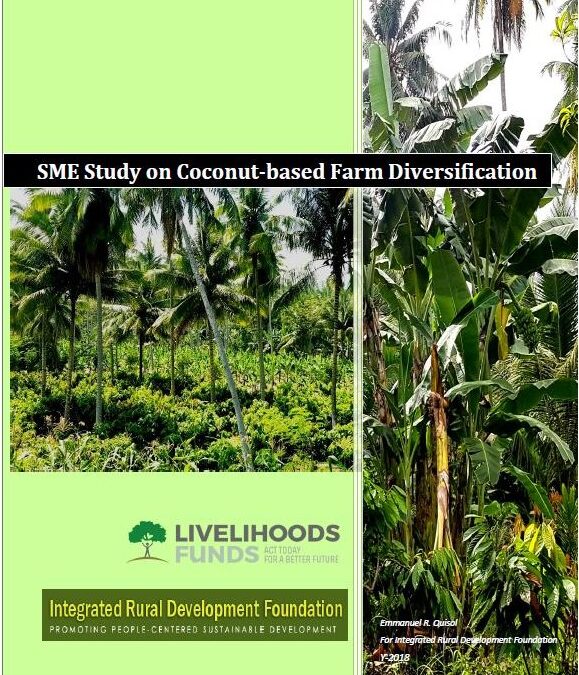 A Study: Introduction to Coconut Intercropping Products Value Chains. Assessing Opportunities for Market and Profitability in the Philippines
A Study: Introduction to Coconut Intercropping Products Value Chains. Assessing Opportunities for Market and Profitability in the Philippines
The coconut industry is a cornerstone of the Philippine economy, playing a vital role in the agricultural sector and the livelihoods of millions of Filipinos. Covering 26% of the nation’s agricultural land, coconuts are grown on approximately 3.612 million hectares across 68 provinces. As of 2017, more than 329.9 million coconut-bearing trees thrive in the country, making the Philippines one of the largest producers of coconuts globally. The industry generates over 1 billion US dollars annually in export earnings, particularly from Mindanao, which accounts for 42% of the nation’s coconut cultivation and 59% of its total coconut production.
Despite the coconut sector’s significant contribution to the economy, many coconut farmers remain among the poorest in the country. These challenges are exacerbated by low farm productivity, which stems from aging coconut trees and an aging farmer population. Many younger generations are leaving rural areas to pursue more lucrative careers in cities or abroad, leading to a lack of succession planning. Moreover, fragmented farming practices and limited access to technical and financial support services further hinder farmers’ ability to improve their livelihoods.
In response to these challenges, key stakeholders in the desiccated coconut sub-sector have launched a 10-year initiative aimed at improving the livelihoods of coconut farmers in Mindanao. This collaborative effort, led by the Integrated Rural Development Foundation (IRDF), seeks to mobilize 5,000 smallholder farmers across the region. The project focuses on enhancing coconut farming practices, promoting youth and women entrepreneurship, and creating sustainable, traceable value chains for coconut-based products.
[download] SME Study_IRDF_EQuisol

